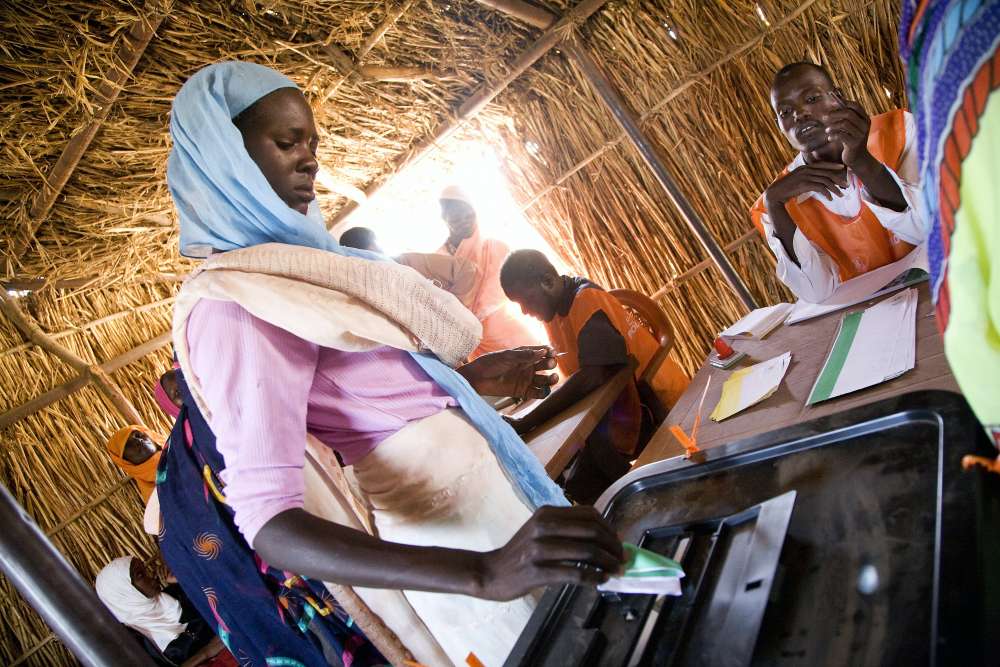Digital Threats to Elections in Africa
Understanding and Mitigating Online Threats to Elections on the African Continent

January 2023–May 2024
Free and fair elections are the cornerstone of democracy – but around the world, malicious actors are using digital threats to skew the polls. Alongside traditional offline techniques, such as ballot box stuffing and vote buying, the expansion of the internet has added new options to the toolbox of those seeking to silence dissent and democratic political expression – such as disinformation, hacking, censorship, online harassment, and internet shutdowns. And while these digital threats pose a problem everywhere, their consequences have an even greater impact in fragile democracies, many of which are in Sub-Saharan Africa.
However, local and national actors are pushing back by using innovative techniques to improve media literacy, check facts, build cyber resilience, and educate the public on how to critically analyze information online. How can international actors help these efforts to protect democratic processes on the African continent from digital threats? How effective are existing efforts by local, national, and international actors at mitigating these risks? Is it possible to address all of these threats simultaneously or does prioritizing some risks exacerbating others?
Between January 2023 and May 2024, we seek answers to these questions. Through expert interviews (including with organizations at the forefront of this work on the continent) and workshops with practitioners, academics, and other experts, we will investigate the current landscape of online threats to elections in African countries. Based on our findings, we will create a blog series, a scenario-based workshop for those developing programming, and a larger study in Spring 2024.
The project is part of the Stabilization Lab funded by the German Federal Foreign Office.
For more information, please contact Abi Watson and Fennet Habte.







